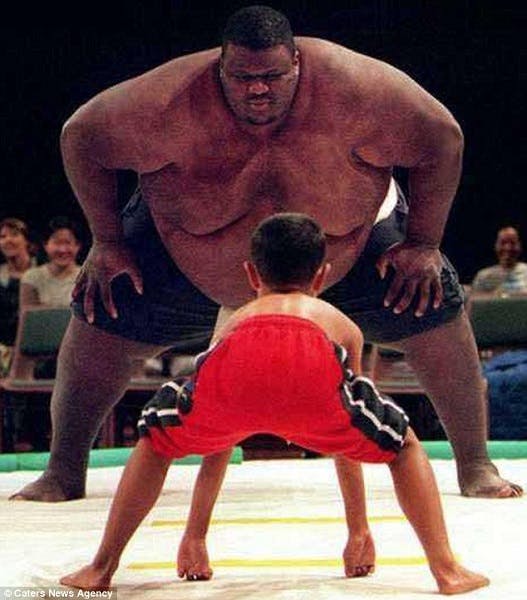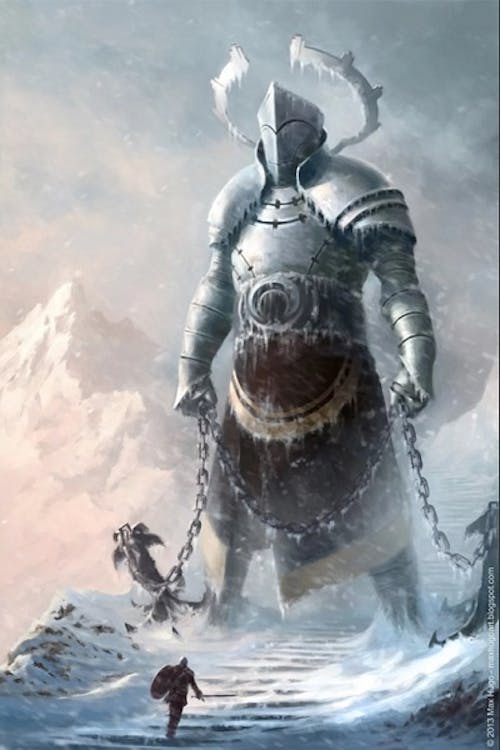Are you sure you want to delete your account?
(This will permanently delete all of your data - purchases, game scores, ratings, etc)
Change your username
Your current username is: guest
Change your account email address
Your current account email is:
Redeem your Fampay code here!
Use your Fampay code to get access to the Play Magnus Plus Membership!

Playing Against Much Stronger Opponents
How much is “much stronger”? Individual perceptions may vary. However, when the rating difference between players is within 100 points, they are closely matched. For the sake of this article, “much stronger” will imply a rating gap of 200 points (the more proficient player may expect to score roughly 3 points out of 4 in this case) or larger.
The right mindset is key to success
Many underdogs lose the battle before it even begins. Once they check out the tournament pairings, their hearts sink, and they start feeling like they are doomed. If you don’t believe you can win, the chances of coming out on top are very slim!
Another common approach is that of an “eternal student.” The underdog assumes that he will lose, but he hopes to receive a “free lesson” from the higher-rated opponent. This technique is somewhat better than the “doomed” one because it removes some of the tension associated with the potential loss. Still, we can’t recommend this approach since one might get stuck in this mindset for too long. Chess is a sport, so you might as well fight for the win here and now.
A much more viable strategy is to reverse the roles. Let the hunter become the hunted! Indeed, your stake is low: everyone expects you to lose anyway, and you are not risking many rating points. Conversely, the higher-rated opponent’s ego might suffer in case of defeat; his rating will plummet; friends will start making fun of him; he may end up not earning the prize he was expecting to win in the tournament. If anyone should fear failure, it is him, not you! Hence the burden of proof is on your opponent, while you have all the reasons to stay calm and collected.
When preparing for the upcoming match mentally, visualize an exciting and memorable game you will be proud of. Remember that if you earned the right to face this opponent, it means that chess goddess Caissa believes you are up to the challenge.
Quick Math
Do you feel like a teenager protagonist from a Hollywood movie who, after hearing a motivational speech from his sensei, is about to get his ass kicked by a Hulk-like villain? In fact, if you do everything right, the odds are not as terrible as they may seem.
To make matters worse for the underdog, we will increase the rating gap to 400 points. If you are 1200, imagine that you are facing a 1600 player. 1600 vs. 2000, 2000 vs. 2400, and so on. Based on ratings, the underdog may expect to score a meager 8% in this match-up.
However, all players have their good and bad days. Amateurs are less consistent than pros. Let’s go with the 1200 vs. 1600 example and make the following assumptions:
• The 1600 plays like a 1400 on a bad day and like an 1800 on a good day. On average, he is a 1600.
• The 1200 plays like a 1000 on a bad day and like a 1400 on a good day. On average, he is a 1200.
As you can see from this basic example, if the 1600 has a bad day, while the 1200 has a good day, they are suddenly evenly matched at 1400 level, and the outcome of the game becomes wide open! Hence as an underdog, your goal is to do your best and pray that the opponent falters.
Are you still scared?
This tip is for the more “serious” players who prepare using databases. If your opponent is incredibly intimidating, you can sort his losses by rating and check out some of his most miserable defeats. Firstly, you will realize that he is only human and still bleeds. Secondly, there is a chance that someone with your rating has beaten him before, which will grant you a confidence boost. Thirdly, you may notice some of his weaknesses and try to capitalize on them.
Playing to win vs. playing not to lose
It is better to forget about ratings altogether during the game and to try to beat the guy sitting in front of you. One can often see lower-rated players chicken out from the outset. They keep trading pieces, making small concessions, and hoping to make a draw or, worst-case scenario, to go down as late as possible. This behavior is exactly what their higher-rated opponents are happy to see: no risk whatsoever, easy game, an almost guaranteed victory in the end due to having a better positional understanding and technique. Keep in mind that you don’t get a consolation prize for sheepishly wasting your own and your opponent’s time to go down in 60 moves instead of 40!
Instead, it is better to stick to your regular game. After all, this is what typically nets you the most points.
If you are a natural-born attacker, don’t be afraid to stir wild complications. Of course, there is a big chance that you will get outplayed, but even then, you will die like a warrior and go to Valhalla! Or, if you catch the opponent off-guard and surprise him with your vigor, he might break down under pressure.
Similarly, if you prefer to play positionally, it can also potentially work out in your favor. The higher-rated opponent might get tilted (“Why do I have to put in so much work against this patzer?”) and go berserk on you when the position does not allow it. This is where you dispatch him cold-bloodedly and mercilessly!
Once again, remember that the burden of proof is on him, not you. Be yourself and play to win the game instead of trying to escape with a draw or to lose in the most gracious manner possible.
Good luck and may your collection of your higher-rated opponents’ scalps keep growing!

